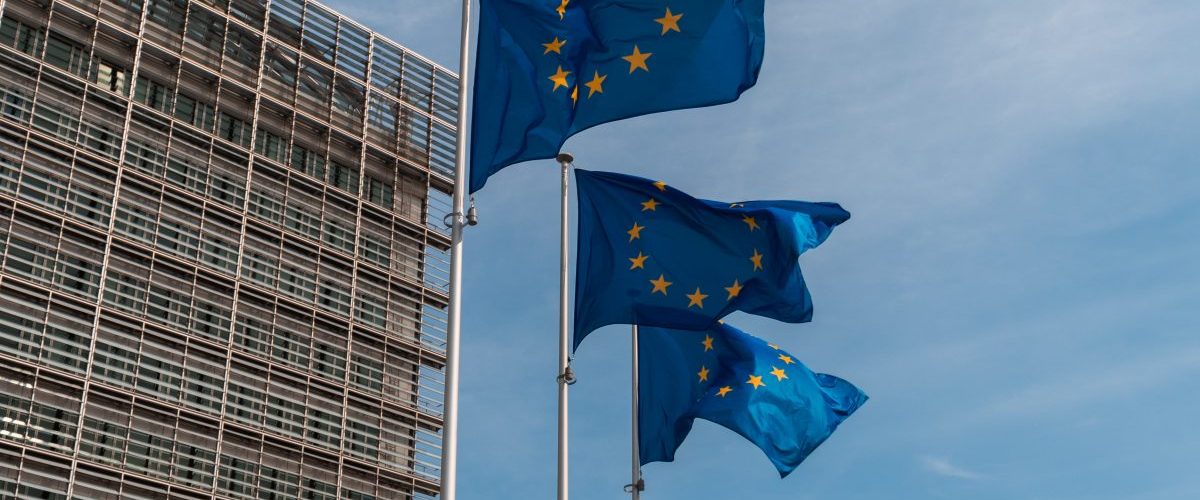European Union legislation defines many topics on a general level with the intention to unify various aspects of living and doing business across Member countries. Let us see whether it is also the case with fiscalization!
If we take a look at fiscalization or retail-focused topics, the three very good and practically relevant examples of such regulations are:
• treatment of vouchers
• VAT rules for e-commerce in the form of one-stop-shop (OSS) regulation
• e-invoicing
Vouchers were defined by Council Directive (EU) 2016/1065 of 27 June 2016 amending Directive 2006/112/EC as regards the treatment of vouchers.
In the Directive basic concepts of determining the single-purpose and multi-purpose vouchers were defined which, later on, Member countries have introduced in their national legislations, some in a simple transposition of the Directive definitions in the original form and some with additional practical and more detailed clarifications.
Regarding OSS, from July 1st 2021, a number of amendments to Directive 2006/112/EC (the VAT Directive) will start to apply affecting the VAT rules applicable to cross-border business-to-consumer (B2C) e-commerce activities. The Council adopted these rules by Directive 2017/2455 in December 2017 and Directive 2019/1995 in November 2019 (VAT e-commerce Directives), followed by many other amendments to existing regulation. These rules, as well, needed to be included in national regulations by countries.
E-invoicing is basically defined by Directive 2014/55/EU of the European Parliament and of the Council of 16 April 2014 on electronic invoicing in public procurement. Years now already and in the upcoming years the same is expected and planned, countries are gradually including these rules in national legislation, B2G e-invoicing being the first in place.
Read more and consult relevant examples via JB Fiscal Consulting.
Latest Posts in "European Union"
- ECJ VAT C-409/24 to C-411/24 – Judgment – Reduced VAT Rate Excludes Non-Accommodation Ancillary Services
- ECJ C-436/24 (Lyko Operations) – Judgment – Loyalty Points in Customer Reward Schemes Are Not VAT Vouchers
- ECJ C-472/24 (Žaidimų valiuta) – Judgment – VAT Exemption Denied for Virtual Money Transactions
- ECG T-96/26 (TellusTax Advisory) – Questions – VAT deductions in the event of different VAT treatment between Member States
- VIDA Measures applicable from 1 January 2027














